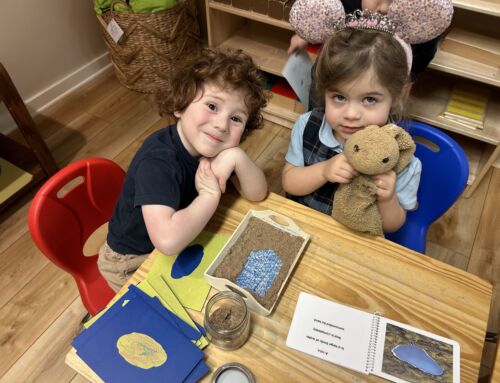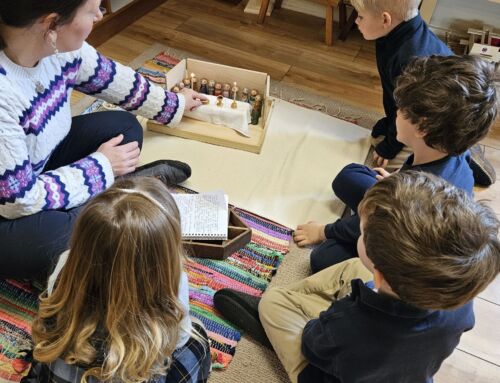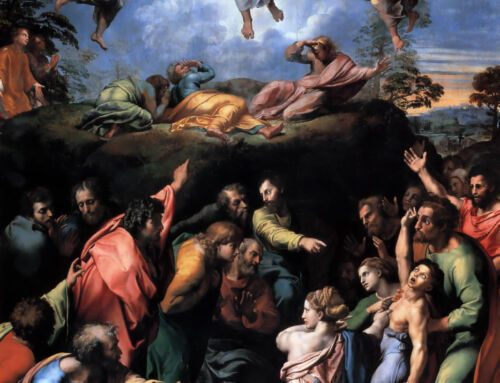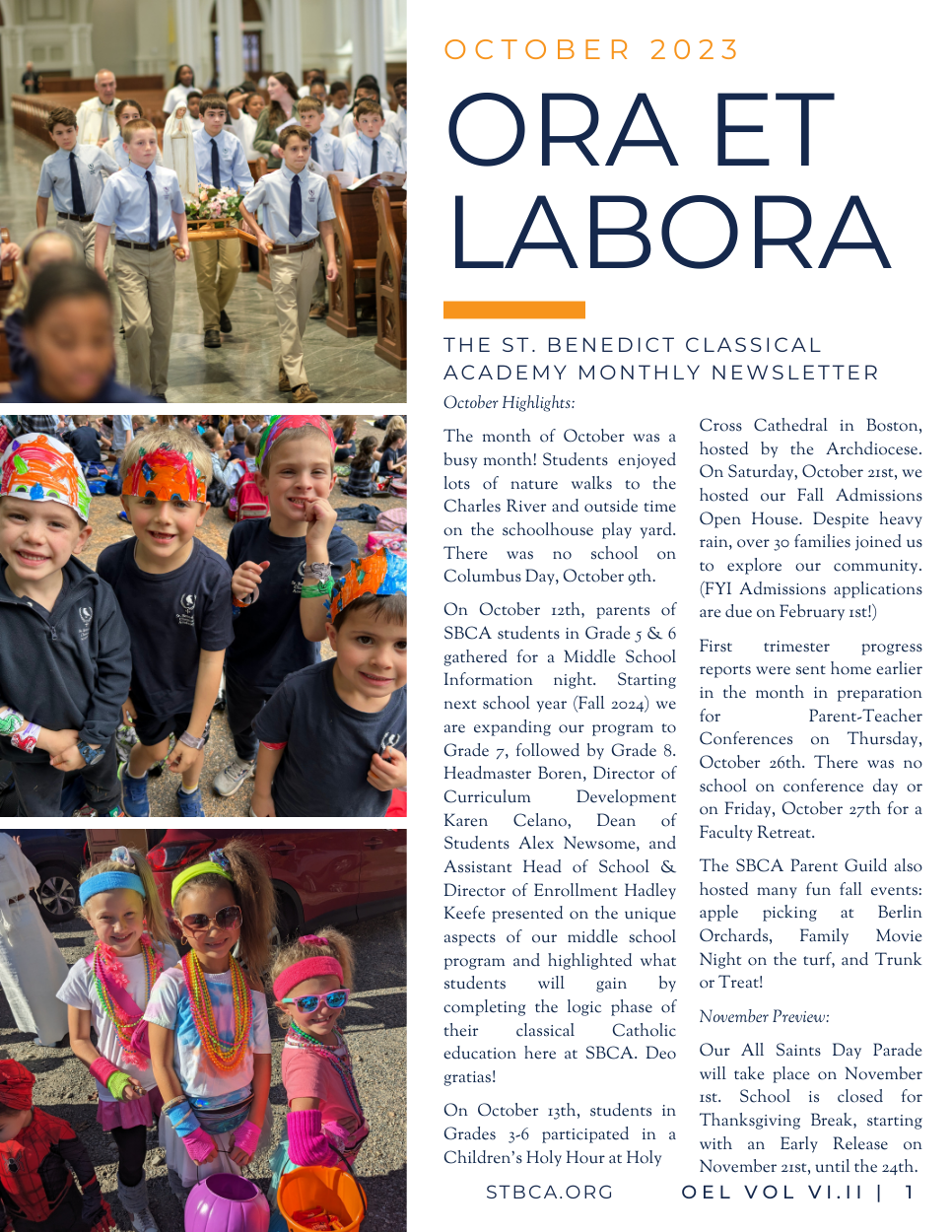17 To the man he said: Because you listened to your wife and ate from the tree about which I commanded you, You shall not eat from it,
GENESIS 3: 17-19
Cursed is the ground because of you!
In toil you shall eat its yield
all the days of your life.
18 Thorns and thistles it shall bear for you,
and you shall eat the grass of the field.
19 By the sweat of your brow
you shall eat bread,
Until you return to the ground,
from which you were taken;
For you are dust,
and to dust you shall return.
I read this chapter of Genesis recently, fittingly on Ash Wednesday, and it reminded me that nothing in this world lasts. Not things of nature, not things we create, not even us. There are many stories in the Bible about people who store up their riches here on Earth, but as Christians we are told that those things don’t matter. We know this, but do we really know this? St. Paul goes on to say in his letter to the Colossians to,
“Set your minds on things that are above, not on things that are on earth” (Col. 3:1-2).
What does this mean for us? Essentially it means that no matter how good or beautiful something is, it’s going to pass away. This sounds depressing, but it’s a reminder that our attention should be elsewhere. Our students’ attention should be elsewhere. Not on the things of this earth, but on the things that are above.
In second grade, the students’ attention is currently on preparing to receive their First Penance. The United States Conference of Catholic Bishops tells us, “In confession we have the opportunity to repent and recover the grace of friendship with God. It is a holy moment in which we place ourselves in his presence and honestly acknowledge our sins, especially mortal sins.” How better to set our minds on things that are above than to visit God in the confessional?
When we begin to learn about the Sacrament of Penance, I love reading the Parable of the Prodigal Son as a means of introducing students to God’s eternal love. In this parable, Jesus tells us of a disobedient son who leaves his father to make his own life. In the end, the son is poor, defeated, and starving as he questions what to do next. Shamefully, the son decides to return home, full of regret for the way he treated his father. He expects to work for his father as a slave, but little does the son know that his father has been waiting for him, day after day, ready to welcome him home with loving arms. Can you imagine that father eagerly waiting day after day for his son to come home? Can you imagine him running, tears in his eyes, when he first spots his beloved son on the horizon? This is how God waits for us in the confessional. Full of love, mercy, and ready to welcome us back into his loving arms.
The Sacrament of Penance helps us stay close to the truth that we cannot live without God. “In him we live and move and have our being” (Acts 17:28). Every time we receive the beautiful Sacrament of Penance, we take a step closer to God and our heavenly home. Perfect unity with God is not something that can be achieved on earth, but in the confessional perhaps we catch a glimpse of that unity.
This Lent, may we all strive to set our minds on things that are above and find time to visit Jesus in the confessional, where He waits for us with open arms. May you take time to reflect on your choices and look for ways in which you can better serve God, better focus on, as St. Paul says, on things above, not on things of this earth. Everything is fleeting, but God is forever. Wishing you all a blessed Lenten season.
AUTHOR: Marie Kelly, Second Grade Teacher








